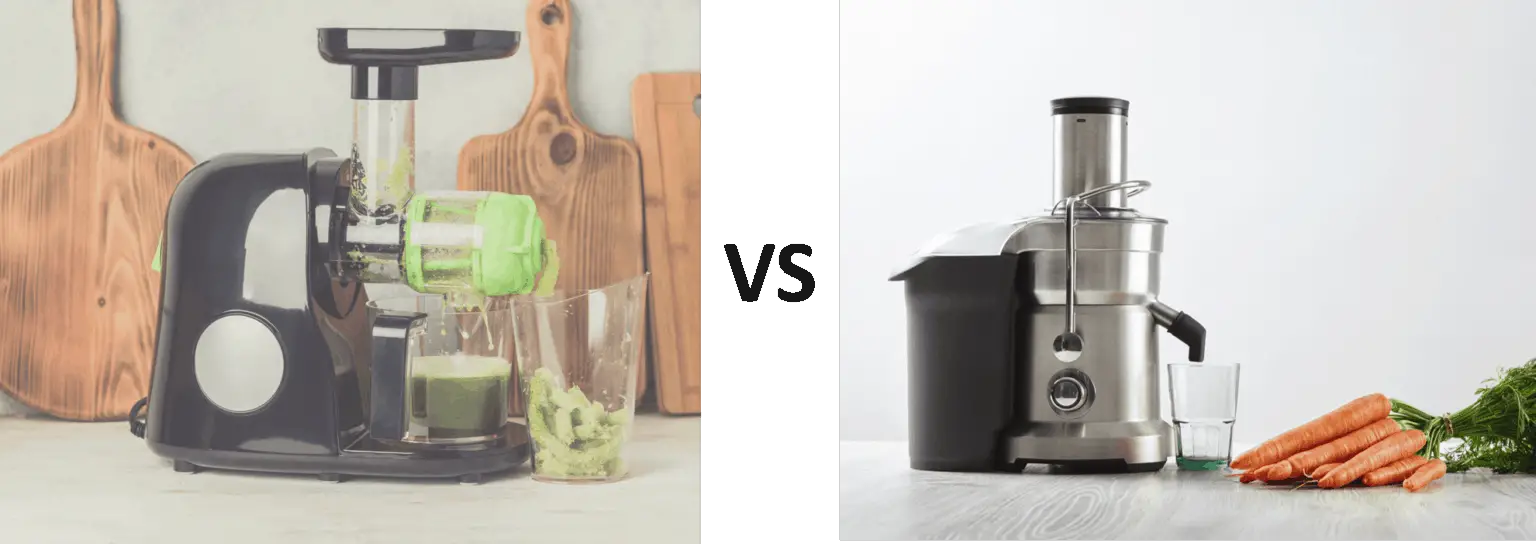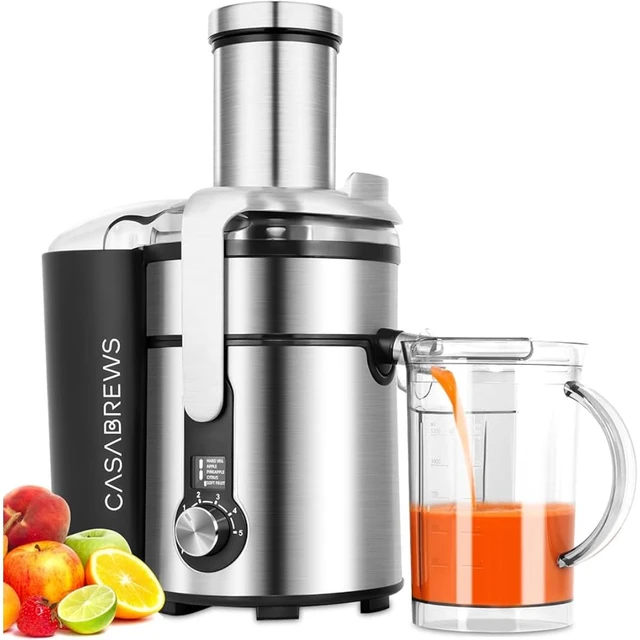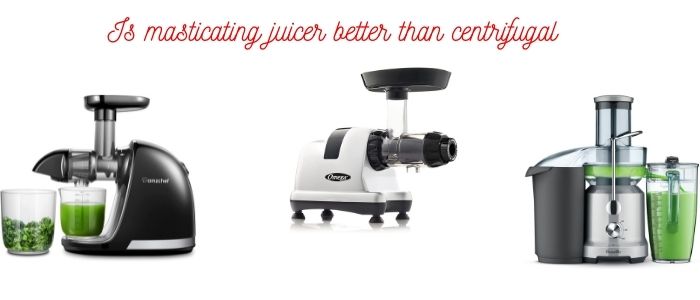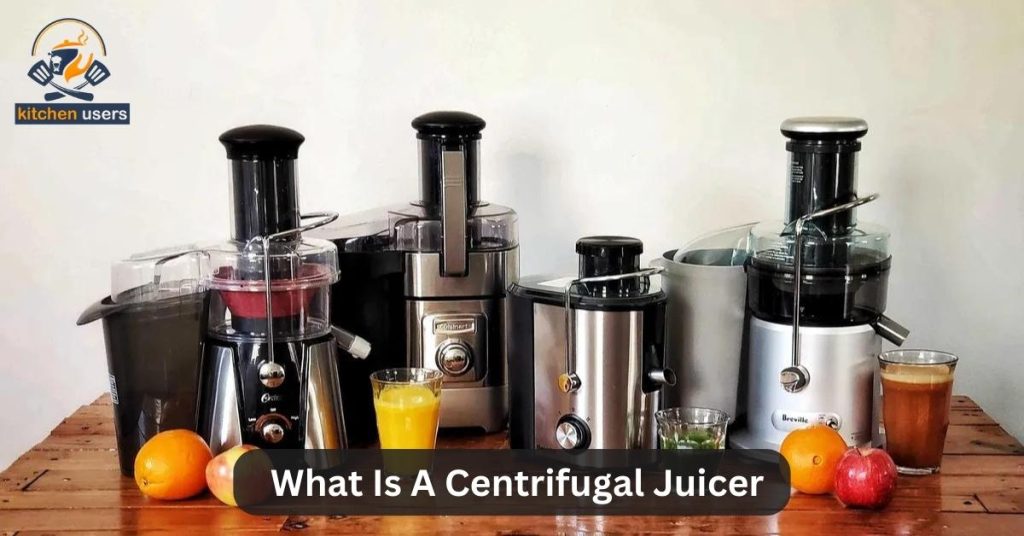Which Juicer Is Better Masticating Or Centrifugal

The quest for optimal health often leads individuals down a myriad of paths, and for many, juicing represents a cornerstone of their wellness routine. However, the seemingly simple act of extracting juice from fruits and vegetables is fraught with choices, primarily revolving around the type of juicer: masticating or centrifugal. The debate isn't merely about preference; it's about nutrient retention, juice quality, and ultimately, the potential health benefits one hopes to derive from their freshly squeezed concoctions.
The core question driving this article is: Which type of juicer—masticating or centrifugal—offers a superior juicing experience in terms of nutrient preservation, juice yield, ease of use, and overall value? This comparison necessitates a deep dive into the mechanics of each juicer type, a careful evaluation of their strengths and weaknesses, and a consideration of the varied needs and priorities of the modern health-conscious consumer.
Understanding Centrifugal Juicers
Centrifugal juicers are the workhorses of the juicing world, known for their speed and efficiency. They operate by rapidly spinning fruits and vegetables against a sharp mesh filter.
This process separates the juice from the pulp using centrifugal force. Their appeal lies in their ability to produce juice quickly, often in a matter of seconds.
This makes them a popular choice for those with busy lifestyles who value convenience.
Pros of Centrifugal Juicers
The main advantage of centrifugal juicers is their speed. They can process large quantities of produce quickly, making them ideal for juicing large batches.
Their wide feed chutes often accommodate whole fruits and vegetables, reducing prep time. Another major draw is their affordability.
Centrifugal juicers are typically much cheaper than their masticating counterparts, making them accessible to a wider range of consumers.
Cons of Centrifugal Juicers
The high-speed spinning action generates heat, which can degrade heat-sensitive nutrients like vitamins C and A. This oxidation process also results in a shorter shelf life for the juice.
The juice produced tends to separate quickly and is often frothy, indicating significant air exposure. Centrifugal juicers are also known to be quite noisy.
They are less effective at juicing leafy greens and wheatgrass compared to masticating juicers.
Exploring Masticating Juicers
Masticating juicers, also known as slow juicers or cold-press juicers, employ a different approach. They use an auger to crush and squeeze fruits and vegetables, mimicking the chewing process.
This slow and deliberate extraction minimizes heat and oxidation, preserving more of the nutrients. The result is a higher quality juice with a longer shelf life.
They are regarded to be more efficient at extracting juice from leafy greens.
Pros of Masticating Juicers
Masticating juicers excel at nutrient preservation. Their slow juicing process minimizes heat and oxidation, resulting in a juice that is richer in vitamins, minerals, and enzymes.
The juice produced is smoother, less frothy, and can be stored for up to 72 hours without significant degradation. They are also much quieter than centrifugal juicers.
Masticating juicers are also more versatile, capable of juicing a wider variety of produce, including leafy greens, wheatgrass, and even nuts for making nut butters.
Cons of Masticating Juicers
The primary drawback of masticating juicers is their slower speed. Juicing takes significantly longer compared to centrifugal juicers.
Their smaller feed chutes require more pre-cutting and preparation of fruits and vegetables. Masticating juicers are also considerably more expensive.
This higher price point can be a barrier to entry for many consumers.
Nutrient Retention: The Critical Difference
Independent laboratory tests are crucial when evaluating manufacturers' claims of nutrient preservation.
Studies comparing juices extracted from both types of juicers consistently show higher levels of key nutrients in juices produced by masticating juicers.
Specifically, nutrients like vitamin C, antioxidants, and enzymes are better preserved in the cold-pressed juice due to the reduced heat and oxidation.
Dr. Emily Carter, a nutritionist at the National Institutes of Health, states, "While both types of juicers provide benefits, the slower process of masticating juicers clearly results in a higher concentration of bioavailable nutrients."
Juice Yield and Pulp Quality
Masticating juicers generally extract more juice from produce compared to centrifugal juicers. This is because their crushing and squeezing action is more thorough, leaving behind drier pulp.
This increased efficiency translates to less waste and more juice per pound of produce. The pulp produced by masticating juicers is often drier and less fibrous.
It can be reused in recipes like veggie burgers or added to compost.
Ease of Use and Cleaning
Centrifugal juicers typically win in terms of ease of use and cleaning. Their simple design and fewer parts make them quick to assemble, disassemble, and clean.
Many models feature dishwasher-safe parts, further simplifying the cleaning process. Masticating juicers, with their more complex designs and numerous parts.
They often require more time and effort to clean. However, some newer models are designed with user-friendliness in mind, featuring simplified assembly and easier-to-clean components.
Expert Opinions and Recommendations
Consumer Reports, a reputable product testing organization, consistently rates masticating juicers higher for overall juice quality and nutrient retention. They also note their superior performance with leafy greens and wheatgrass.
Chef Marcus Thompson, a renowned culinary expert and health advocate, advises, "If you're serious about juicing for health benefits and are willing to invest in a quality machine, a masticating juicer is the way to go. The difference in taste and nutrient content is noticeable."
However, he acknowledges that centrifugal juicers are a viable option for those on a budget or who prioritize speed and convenience.
The Verdict: Matching the Juicer to Your Needs
Ultimately, the "better" juicer depends on individual needs and priorities. If speed, convenience, and affordability are paramount, a centrifugal juicer is a suitable choice. However, be aware that the juice it produces will have lower nutrient retention and a shorter shelf life.
If nutrient preservation, juice quality, and versatility are the primary concerns, and you're willing to invest more time and money, a masticating juicer is the superior option. It will yield a richer, more nutritious juice that can be stored for longer.
Consider these factors when selecting a juicer. Consider your budget, lifestyle, and health goals.
Looking ahead, the juicing industry is likely to see continued innovation in both masticating and centrifugal technologies. Manufacturers are focusing on improving efficiency, ease of use, and cleaning processes.
We might expect to see more hybrid models emerge, combining some of the best features of both types. Consumers can anticipate a wider range of options tailored to specific needs and preferences, further empowering them to optimize their health through juicing.
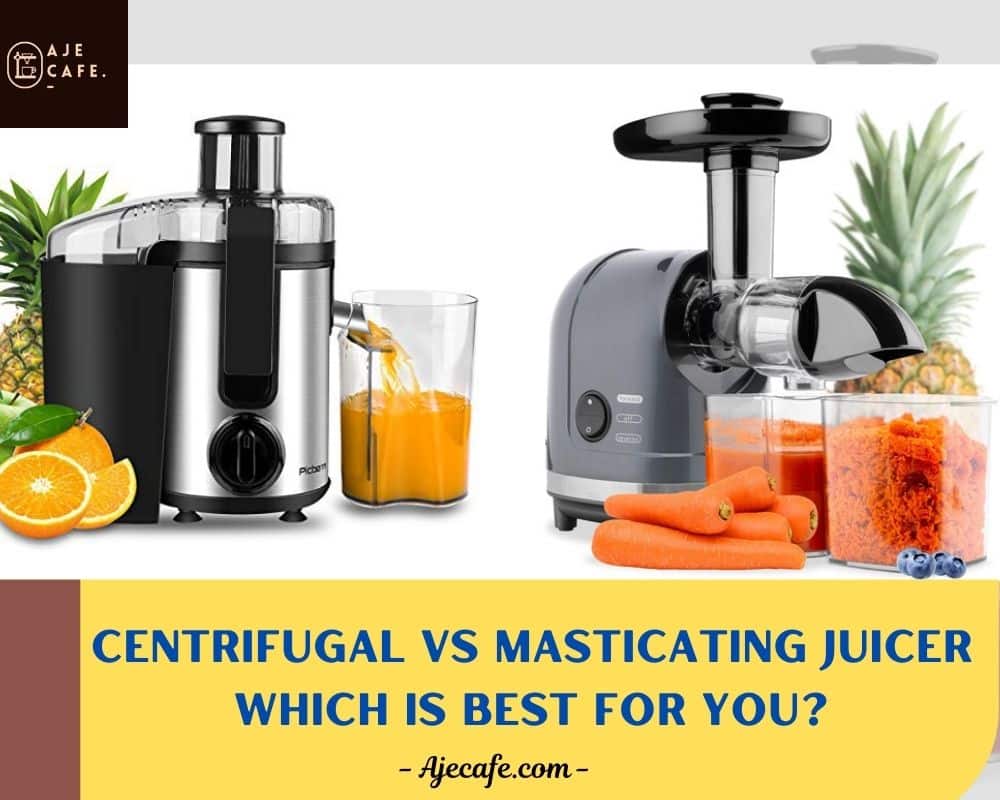

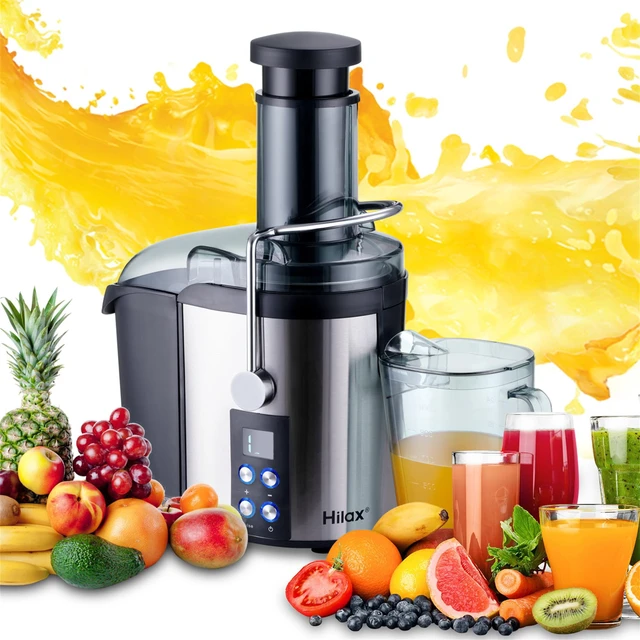
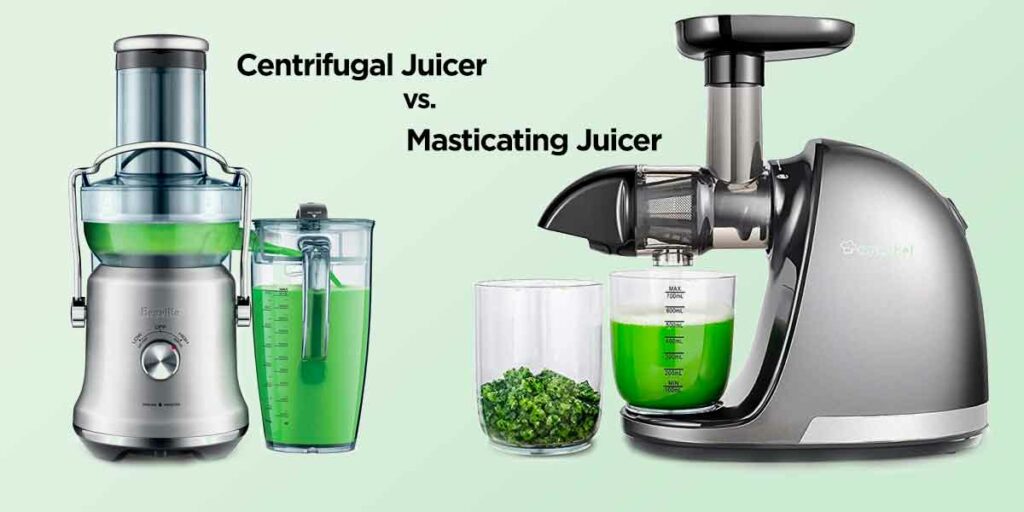
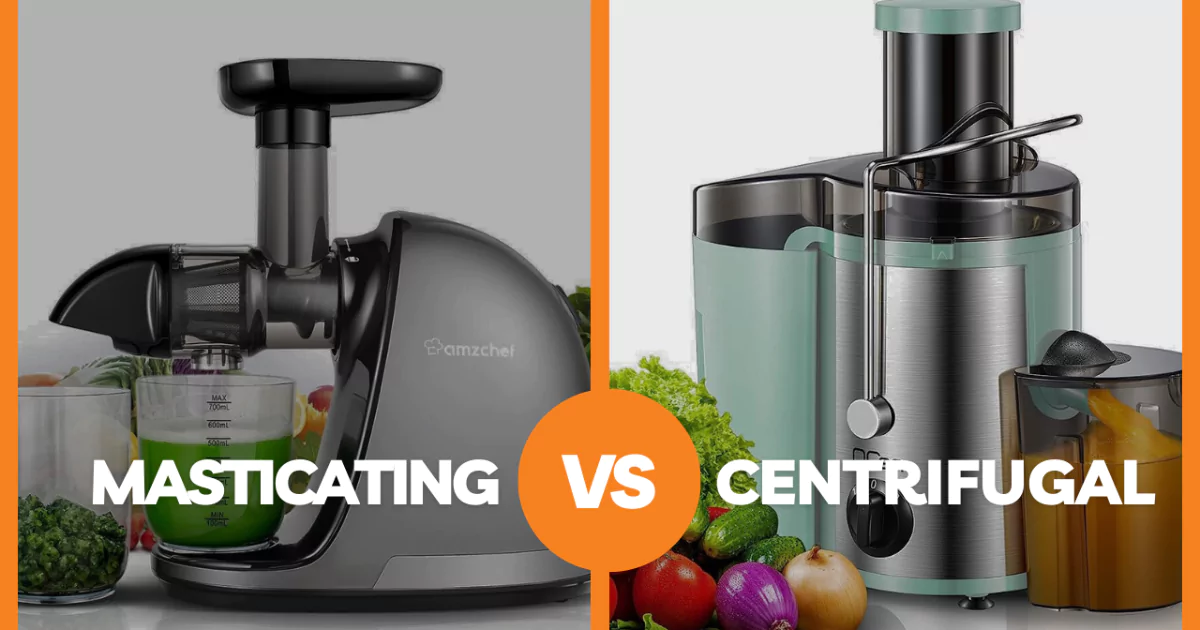
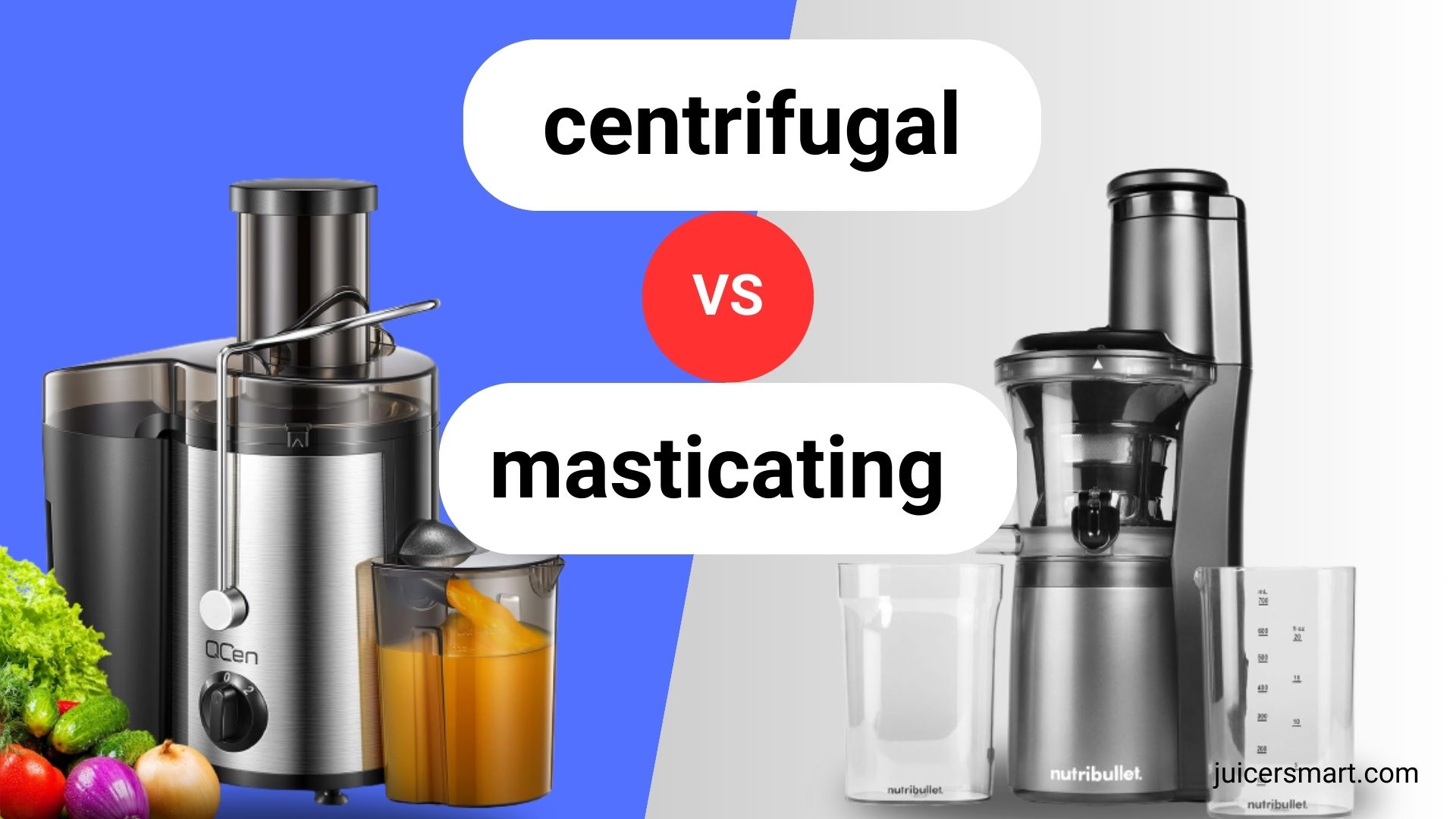

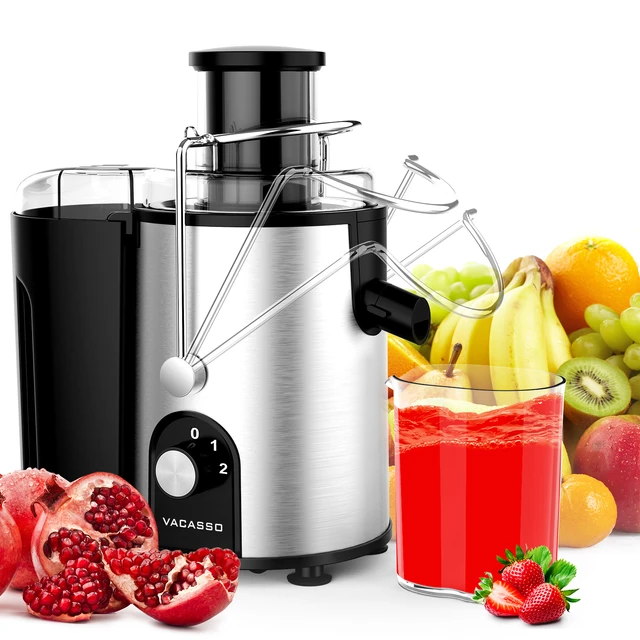
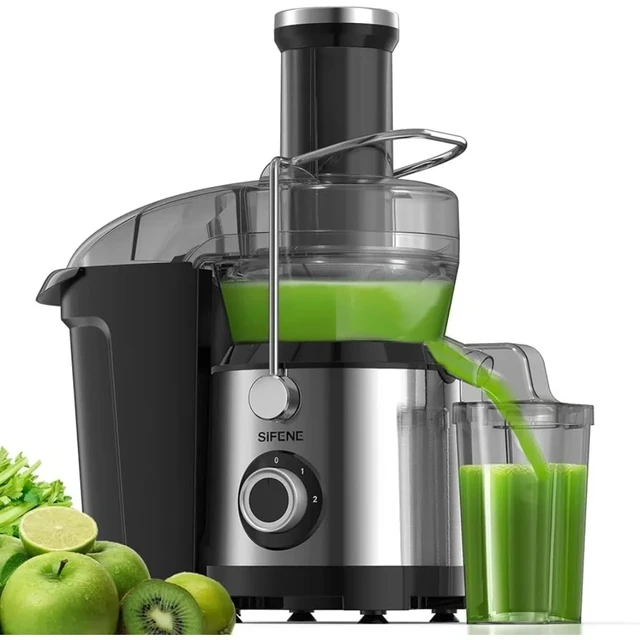
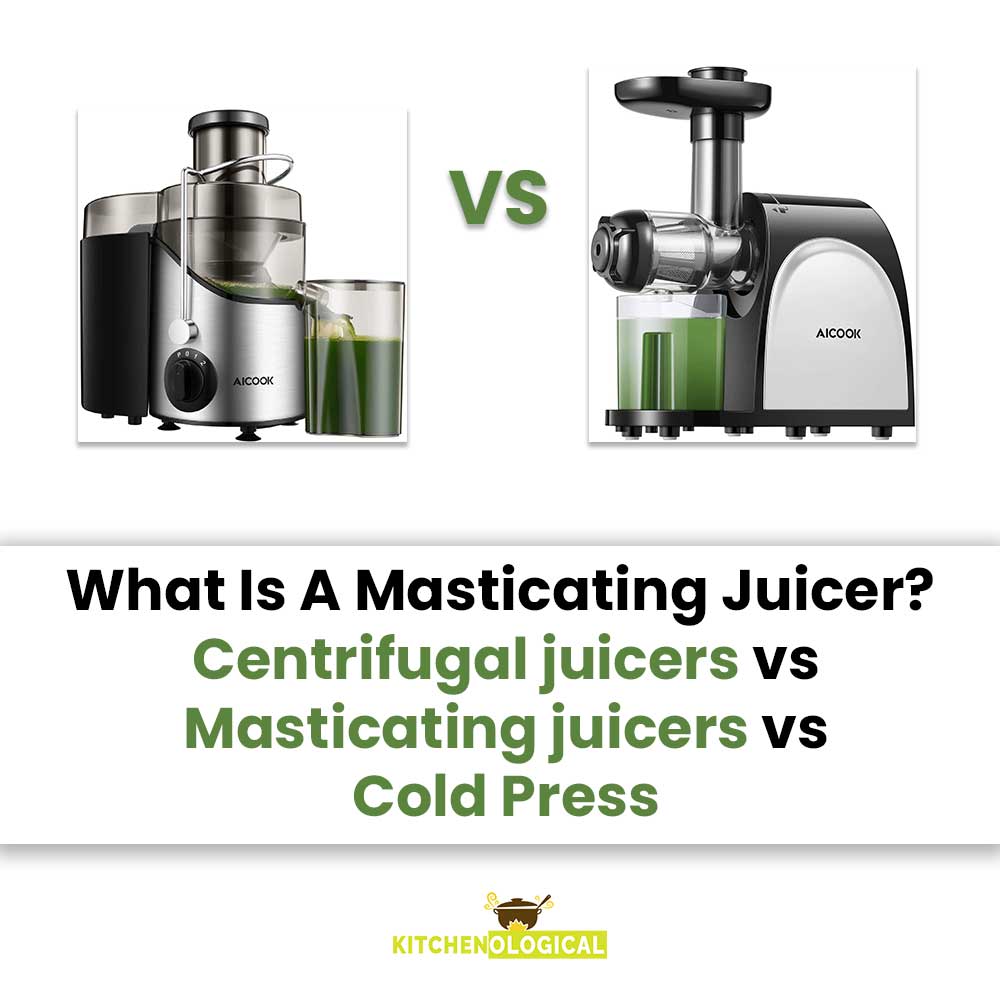
![Which Juicer Is Better Masticating Or Centrifugal Masticating vs Centrifugal Juicer: The Difference Explained [Upd. 2022]](https://houseandbeyond.org/wp-content/uploads/2022/05/Masticating-vs-Centrifugal-Juicer-1.jpg)
